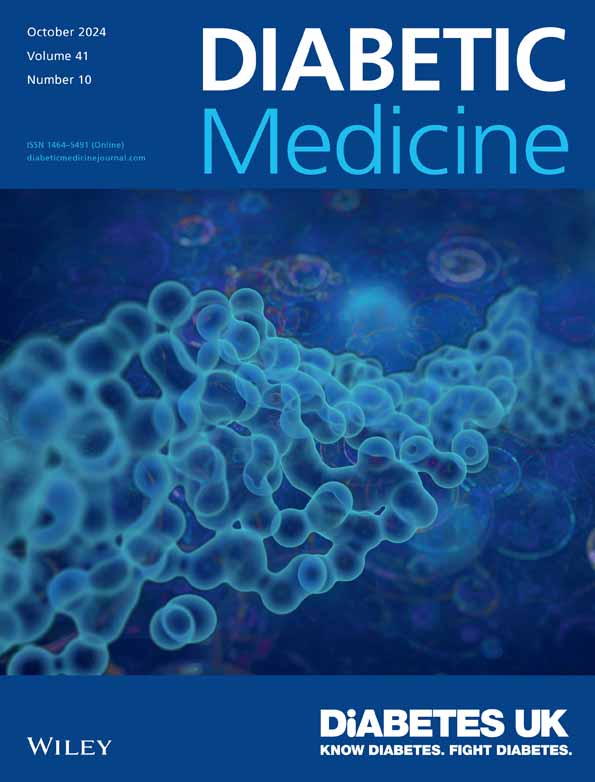Patient relevant outcomes for type 1 diabetes management: A qualitative evidence synthesis
Abstract
Aims
Identify and define relevant outcomes for people living with T1DM and their caregivers, and explore the differences across contexts and life stages. This exercise will inform the development of a Core Outcome Set (COS), an essential list of outcomes that should be measured for T1DM.
Methods
A systematic review of qualitative studies published between 2010 and 2024 using PubMed (Medline), EMBASE, PsychINFO, and CINHAL was conducted. Studies that explored the perspectives and opinions of people living with T1DM or their caregivers around care and the healthcare system were included. Qualitative evidence synthesis was used to identify relevant outcomes for people living with T1DM and their caregivers. People living with T1DM and patient representatives were consulted to provide feedback on the results.
Results
119 studies were included; 85/119 (71.4%) conducted in high-income countries. Through the qualitative evidence synthesis, we found three levels of outcomes: (1) individual level (diabetes burden, psychological distress, self-efficacy, hypoglycemia burden, and diabetes burnout), (2) caregivers and family level (caregiver burden, social support, support provided by diabetes management team, and financial impact), and (3) systemic level (access to healthcare, administrative burden, structural support).
Conclusions
We found that outcomes can be categorized into three different levels (individual, caregivers/family, and systemic). COS usually considers individual level outcomes, but it was found that outcomes beyond the individual, such as those at the caregiver/family and healthcare levels, also matter for people living with T1DM. To meet the needs, all these levels should be measured.

 求助内容:
求助内容: 应助结果提醒方式:
应助结果提醒方式:


